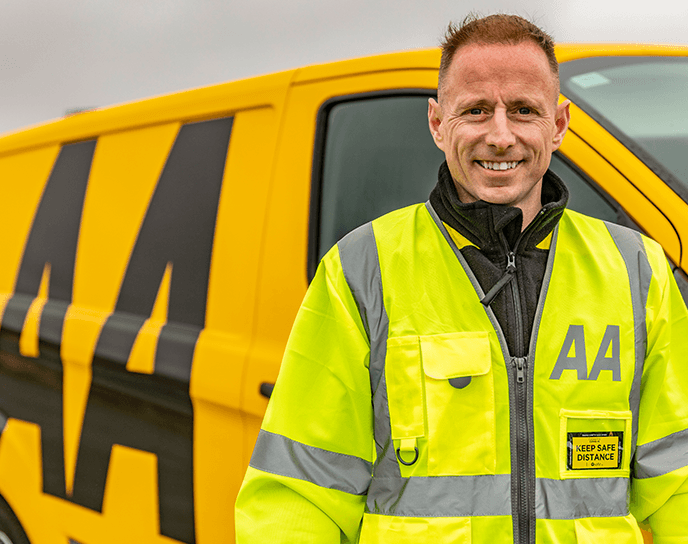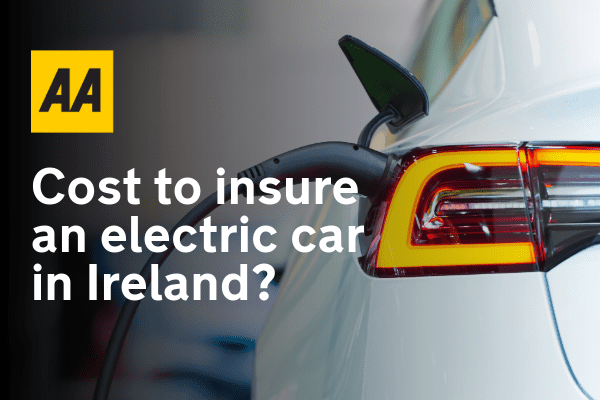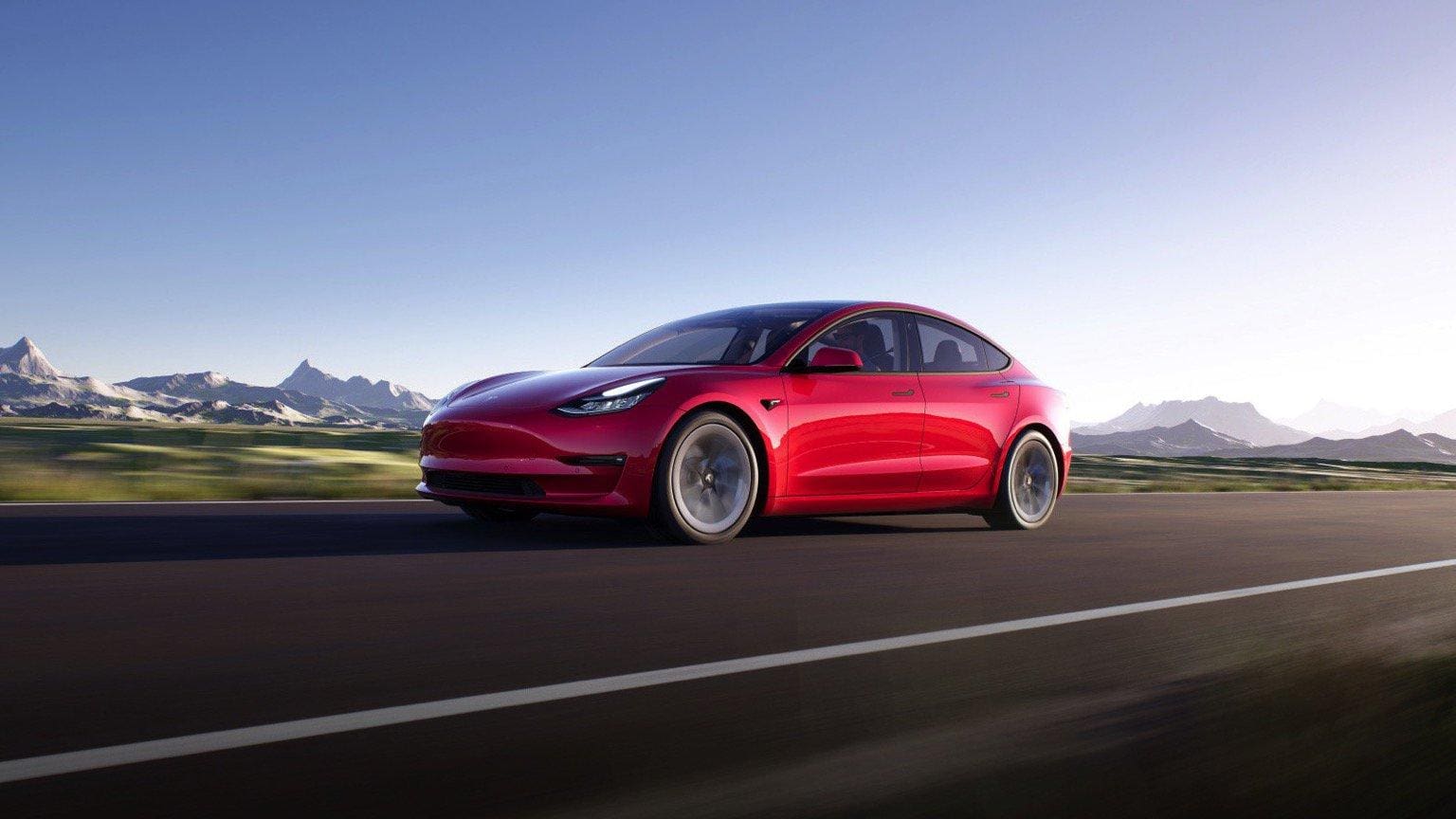- More than 50% unlikely to go electric with next car.
- 53% believe that EV batteries last less than 100,000km.
- Half don’t agree that EVs are better for the environment.
- Only 22% believe that government are doing enough for EV adoption.
- Misinformation at the heart of the EV adoption challenge
The AA (Ireland) have surveyed more than 1,000 customers, and the results reveal some shocking results that highlight the challenges ahead for EV adoption. Misinformation and lack of education in particular is influencing the likelihood of people transitioning to Electric Vehicles. The recent SIMI vehicle registration statistics report for March back this up showing a 41% decline year on year in electric vehicles.
The government has in recent years set out ambitious plans to have one million EVs on Irish Roads by 2030. Sales of EVs have been progressing well, with nearly a fifth of sales this year to date being full EV. However, even if every car sold from tomorrow was fully electric, the government would still fall short of its target. AA Ireland’s survey backs this up, with only 22% of respondents agreeing that the government is doing enough to facilitate EV adoption. Jennifer Kilduff, Head of Marketing & PR for the AA said that “time is running out on the government’s target of 1 million EVs by 2030. We have seen great uptake amongst the early adopters, but now we face the challenge of convincing the general public that EV is the way to go. The primary target in EV adoption is to hit climate goals, but this is not striking a chord with the public as half of our respondents don’t agree that EVs are better for the environment”. The latest SIMI figures indicate that for 2024, petrol cars lead the way followed by diesel, hybrid, electric and plug-in hybrid.
The AA Ireland survey points to battery health and longevity as a massive stumbling block to EV adoption. Mrs Kilduff noted that ‘there seems to be a wave of misinformation being spread about EVs. We’re seeing many people being misled on the facts and real-world performance of batteries in Electric Vehicles. This is also having a knock-on impact for the used car EV market.
The AA Ireland survey showed that 53% believed that EV batteries last less than 100,000km, which is about 6 years driving for the average motorist in Ireland. This doesn’t align with the 8 year and 160,000km warranties that many manufacturers are offering. Mrs Kilduff continued on to say that she was ‘quite surprised with people’s perception of EV batteries. It is disappointing to see that these myths are continuing to circulate. Modern batteries have sophisticated Battery Management Systems that increase the life of the batteries to not just many years, but potentially a few decades. When they complete their purpose in cars, they will be used in energy storage projects, before finally being recycled. It also needs to be pointed out that an EV battery is not just one big chunk of metal. It is made up of many modules that get combined into a battery pack. In most instances you would not replace the whole battery if there was an issue, you’d replace the individual module(s) at a fraction of the cost.’
The adoption of EVs in Ireland saw strong growth in recent years. Sales increased 46% in 2023 and were up 81% in 2022. However, 2024 is not looking as bright. Sales for the first two months of the year were almost identical to the same period last year. The public is hearing many negative stories about EVs and this is influencing how likely they are to switch on their next car. The AA Ireland Survey showed that only 10% plan to go fully electric with their next car. The AA believes that this ‘is a sign that misinformation on EVs in impacting on sales and the government’s ability to hit their targets. Buying a car is a big financial commitment, and people are not going to switch unless they are fully convinced. Scare stories about battery life, range and charging is sowing enough doubt in minds to prevent that.’
The price of purchasing an EV has dropped significantly in the last year. Price cuts in the region of €10,000 per vehicle on some of Ireland’s best-selling EVs, coupled with some 0% finance offers are making them much more accessible. Mrs Kilduff said that ‘the upfront costs of purchasing an EV is no longer the barrier that it once was after recent price drops. Once you do buy the car, it is cheaper to run. The most recent AA Fuel Price Survey showed that an EV charged on cheap night rates can be significantly less to run than a comparable petrol or diesel vehicle. However, the general public are still not shifting their purchasing habits as fears of battery health and range appear to outweigh the benefits.’ The AA survey showed that only 11% of motorists cite ‘running costs’ as their primary concern when buying their next car. However, 34% say that battery life is their biggest concern about EVs.










